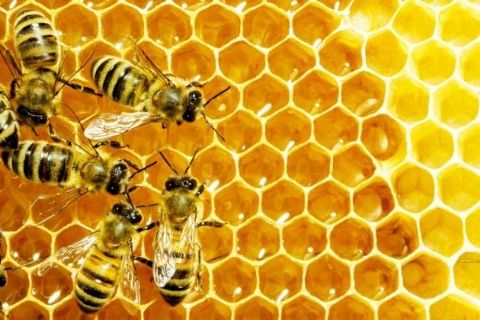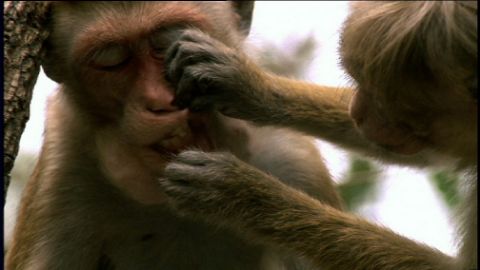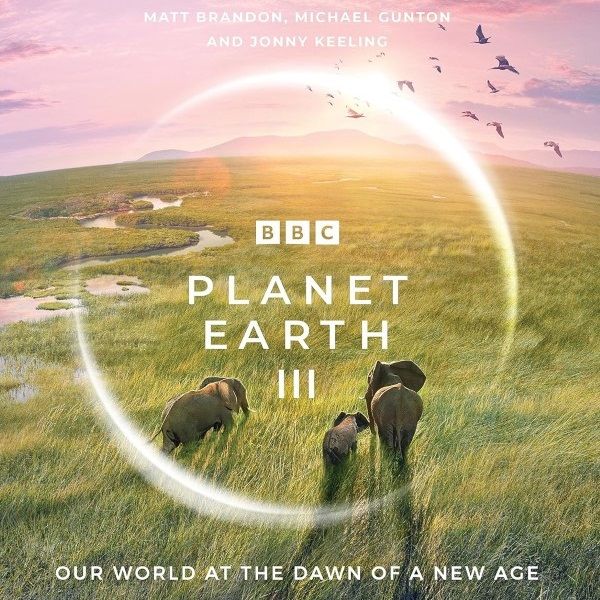Part 1 • 2014 • episode "S1E1" • Hive Alive
Using a specially designed hive, with a formidable arsenal of cutting-edge technology to monitor the bees, we enter the bees' miniature world. Chris and Martha also put to the test the very latest scientific findings about bees, to discover why they are one of the most incredible creatures on our planet.
Make a donation
Buy a brother a hot coffee? Or a cold beer?
Hope you're finding these documentaries fascinating and eye-opening. It's just me, working hard behind the scenes to bring you this enriching content.
Running and maintaining a website like this takes time and resources. That's why I'm reaching out to you. If you appreciate what I do and would like to support my efforts, would you consider "buying me a coffee"?
Donation addresses
BTC: bc1q8ldskxh4x9qnddhcrgcun8rtvddeldm2a07r2v
ETH: 0x5CCAAA1afc5c5D814129d99277dDb5A979672116
With your donation through , you can show your appreciation and help me keep this project going. Every contribution, no matter how small, makes a significant impact. It goes directly towards covering server costs.







